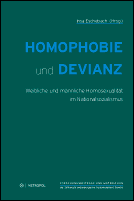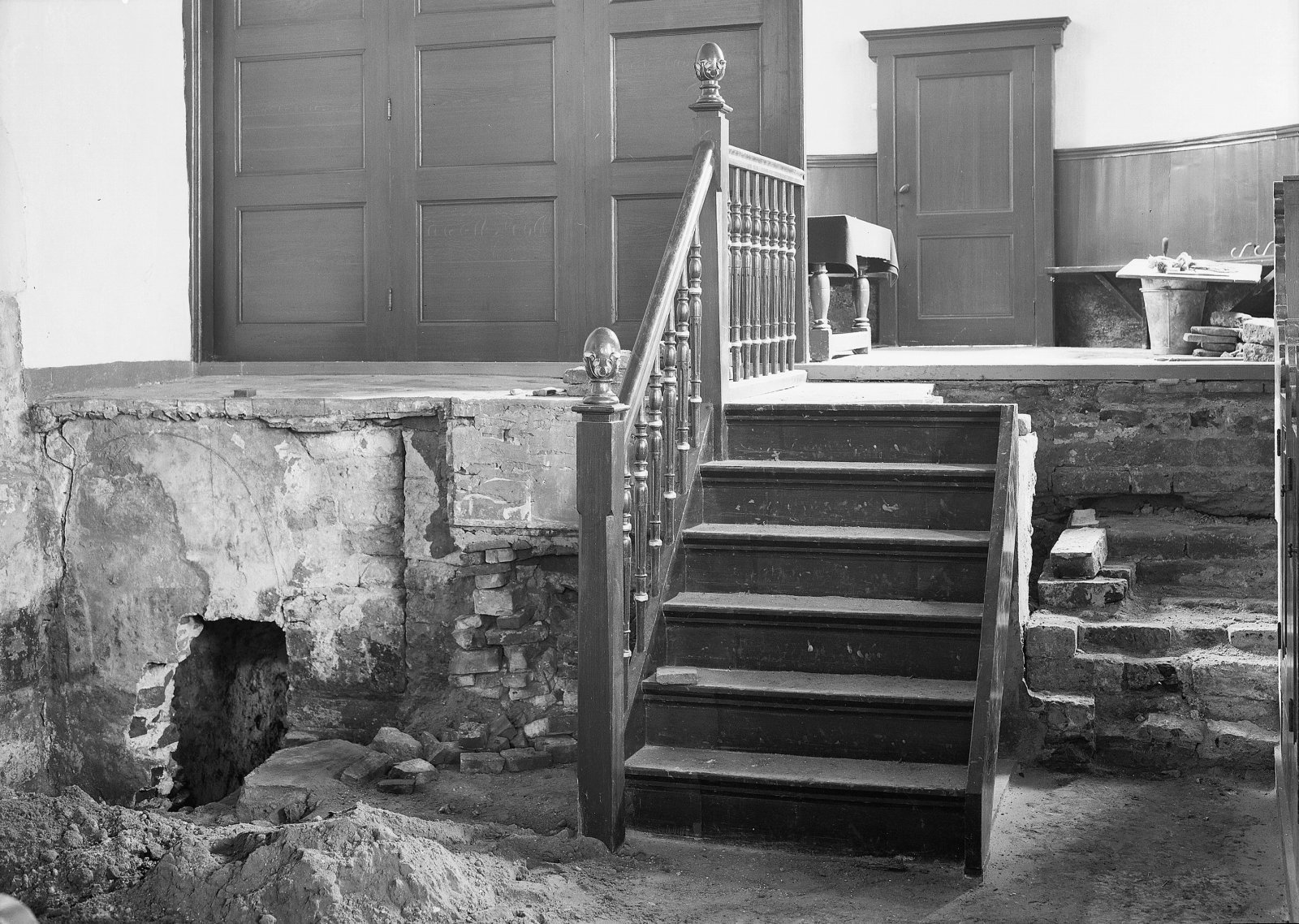Erbbiologische Forschungen zur Homosexualität an der Deutschen Forschungsanstalt für Psychiatrie während der Jahre des Nationalsozialismus : zur Geschichte von Theo Lang
This essay focuses on the research project regarding the genetic conditionality of homosexuality the physician Theo Lang carried out. Lang was research assistant of Ernst Rüdin at the Deutsche Forschungsanstalt für Psychiatrie in Munich. During the 1920s and 30s this institute - affiliated to the Kaiser Wilhelm Society since 1924 - was performing cutting edge research in the fields of psychiatric genetics and "racial hygiene." So far history and sexual science studies considered Lang as a characteristic representative of Nazi research on homosexuality. The story of his research project, however, illustrates that by the mid-1930s Lang?s theories were contradicting the scientific and political mainstream. The example of his professional failure outlines a rather paradox movement: on one hand, the government persecution of homosexual males was the prerequisite facilitating the venture of this ambitious scientist; on the other, the result of his research collided with the very conditions, the project was based upon. The empirical evidence for the heredity of homosexuality Theo Lang strived to attain was in fact suited to question police persecution and criminal prosecution of homosexual misconduct. True, heredity psychiatry was buoyed with the Nazi seizure of power and not least owing to research work initialized by the psychiatrist Ernst Rüdin, biological heredity concepts were translated into National Socialist "racial policy." Within an extremely politicised context featuring the delinquent homosexual as the bogeyman, the definition pattern of homosexuality as illness, however, loses its significance in science during National Socialism, of all things.
- Susanne zur Nieden
- IHLIA LGBTI Heritage
- essays
- dgb grijs (niede/erb)
- homoseksualiteit
- nazisme
- psychiatrie
- vervolging van homomannen
- homomannen
- onderzoek
- 1933-1945
- etiologie
- duitsland
Bij bronnen vindt u soms teksten met termen die we tegenwoordig niet meer zouden gebruiken, omdat ze als kwetsend of uitsluitend worden ervaren.Lees meer











